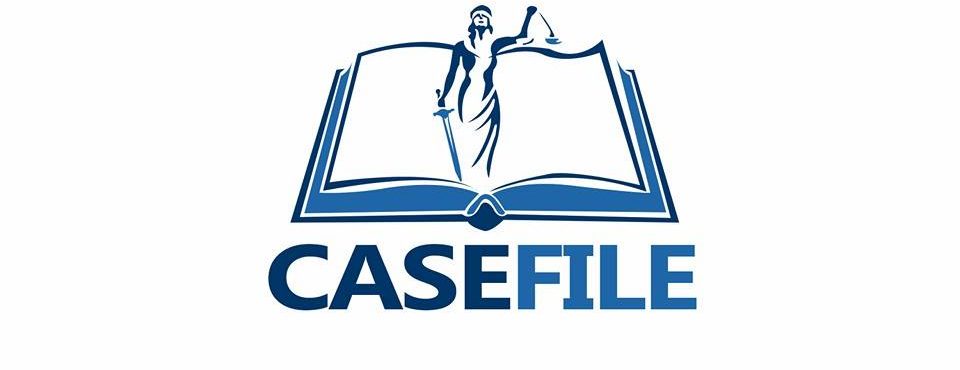Lagos State Magistrate Court sitting in Ebute Meta has ordered the remand of Ikechukwu Daryl Ogbonna in prison custody over the death of his wife, late Abimbola Martins Ogbonna.

Ogbonna was remanded on Tuesday following the Director of Public Prosecution, DPP, advice that Ogbonna should be charged for involuntary manslaughter.
Reading out the DPP Advice, Magistrate Adebayo Kafayat Tella said the defendant will be arraigned before the Lagos High Court, and should be remanded in custody pending his arraignment and filing of information against him.
However, the Defence lawyer, Mr. Abubakar Yesufu prayed the court to allow the defendant be released based on earlier bail conditions granted him.
But, Magistrate Tella held that she lacks jurisdiction to entertain a case of involuntary manslaughter, hence all bail applications should be presented before the High Court.
The matter has been adjourned till March 7, 2023.
Ogbonna, a 37-year-old Lagos car dealer, was arrested by the Lagos State Police Command over the death of his wife, Abimbola, in the Lekki area of the state.
Ikechukwu and Abimbola had been married for 16 years, with the union blessed with five children.
The marriage, however, was fraught with disagreement and alleged domestic violence.
At the climax of their clash, the couple separated and were said to have reunited.
However, on Saturday, October 15, there was a fire incident at their Lekki mansion, as Abimbola was caught in the inferno.
She was rushed to a hospital, where she died as a result of the injuries she sustained.
But, the deceased’s family, while demanding justice accused the police of cover-up, intimidation and attempt to force the family into a out-of-court settlement with Ogbonna and also drop charges against him.
The family also alleged that the police had changed Ogbonna’s charges from ‘manslaughter’ to ‘negligence’ so as to make it easily bailable.
The family lawyer, Mr. Odiana Eriata, who was in court said that the issue of domestic violence ought to have been properly investigated and appropriate charge should be preferred against the culprit.


